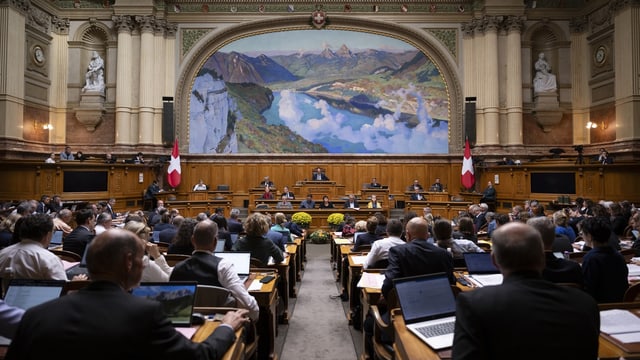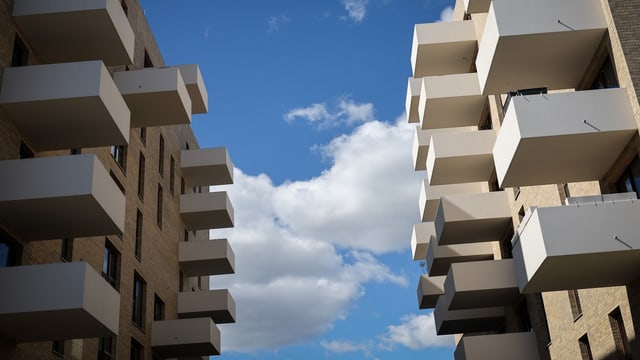Contents
The scarce and expensive building land drives up the costs for new buildings – even with high rents, the profit therefore remains small.
Every year, tenants in Switzerland pay around 40 billion francs to the owners of apartments and houses. That’s too much, says economist Markus Schärrer from the Bern consulting firm Bass. On behalf of the Swiss Tenants Association, he examined how rents developed between 2006 and 2021.
Paid billions too much rent?
“Rents should actually have fallen by ten percent,” says Schärrer. And all the relevant factors were taken into account: maintenance costs, inflation and interest rate developments.
In 2021, tenants paid ten billion francs too much.
But in fact they rose by 22 percent in the 15 years before 2021. “That means: In 2021, tenants paid ten billion francs too much rent.”
According to Schärrer, a number of landlords achieved returns that were too high – because cost reductions were not passed on or the rent was increased for new leases. It is possible that the house was resold at a high price, whereupon the new owner had to increase the rent in order to finance the high purchase price.
Expensive building land, high house prices
High costs for real estate and especially building land are also a problem for Christian Kraft. But the professor from Lucerne University argues the other way around: the high costs often result in too low a return for the owners.
Owners who have recently built homes in cities have very low returns.
“Particularly in cities where land has become very expensive, owners who have recently built houses have very low returns,” he emphasizes – even if rents there are very high.
The returns in top urban locations would be just one to two percent. It is a different case when houses were purchased decades ago, little was invested and high rents are still charged, says Kraft. “In these cases, higher returns are actually generated.”
No general rent control
Whether a return is too high must be examined on a case-by-case basis. There is no general rent control in Switzerland. But only a few tenants go to the rental arbitration boards, either out of ignorance or fear of termination – especially now, when many have no alternative due to the housing shortage.
Nevertheless, economist Kraft is skeptical about new rules and controls. This would reduce the incentives to build housing, which in turn would worsen the housing shortage.
More transparency required
In any case, more transparency would be helpful, say both Christian Kraft and Markus Schärrer from the Bass consulting firm. The latter mentions a requirement for forms as an option: the new tenant would then see how much her predecessor had paid.
A justification from the owner for the increase in the new rent must also be listed. “That would be more transparency,” says Schärrer.
Such an approach would be all the more important since, with rising interest rates, rents have now started to move more strongly again – and upwards again.

